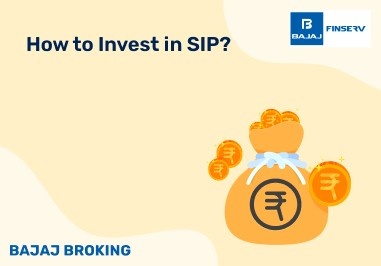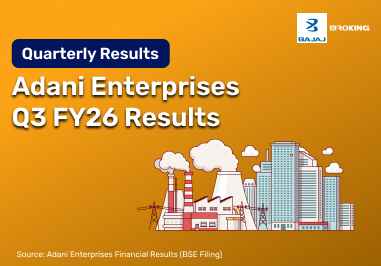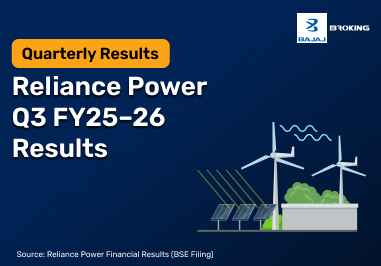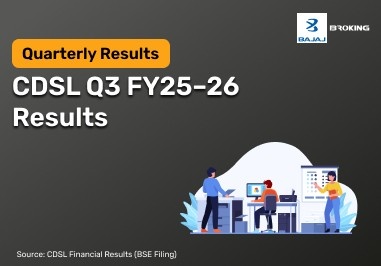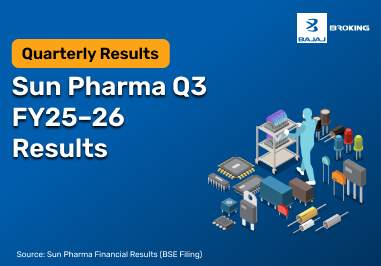If you’ve ever asked, "What is GIFT Nifty?\" you're not alone. GIFT Nifty, which is short for Gujarat International Finance Tec-City Nifty, is basically a futures contract based on the respected Nifty 50 index.
It trades from GIFT City in Gujarat, India’s emerging financial hub. The main goal of GIFT City is to connect local markets with investors around the world. Simply put, it offers a simple way for global investors to follow and trade on the performance of India’s top companies listed on the NSE.
Unlike standard NSE trading, GIFT Nifty was built with a worldwide focus. It makes Indian equity futures accessible internationally, attracting attention from people who track the Nifty Index Share Price and futures contracts.
Understanding the Meaning of GIFT Nifty
Let's break down the GIFT Nifty meaning. The full name, Gujarat International Finance Tec-City Nifty, gives it away. The GIFT Nifty is a futures contract priced in US dollars ($) but directly connected to India’s Nifty 50 index.
Think of it as a financial tool that shows how the top 50 NSE companies are doing. Because the pricing is dollar-based, rather than rupee-based, it gives overseas investors a smoother path into India’s stock market.
It's not only about the Nifty 50 price. GIFT Nifty can also reflect trends in indices like Bank Nifty and even Sensex. This helps traders create a bigger picture of Indian equity behavior within the worldwide context.
Timings of GIFT Nifty and SGX Nifty
Trading hours are a key feature where GIFT Nifty really shines. It operates from 6:15 AM IST to 2:45 AM IST the next morning, with a brief 25-minute break between 4:00 PM and 4:25 PM IST.
That window is quite long—nearly 21 hours of market action. In contrast, India’s normal NSE hours are only 9:15 AM to 3:30 PM IST. This extended time ensures that international investors don't miss out on opportunities.
SGX Nifty, the prior contract based in Singapore, traded from 6:30 AM to 11:30 PM (Singapore time). The time they overlap with GIFT Nifty creates a chance for arbitrage—where traders capitalise on price differences across different regions.
How Will GIFT Nifty Benefit Investors?
So, what are the advantages for investors? First, its timing aligns with Indian hours while still reaching global markets. As a result, traders can respond nearly instantly to market news and price movements.
Liquidity is another big advantage. Longer hours and global access bring in more participants. More participants usually mean smoother trades and narrower bid-ask spreads. This makes transactions more efficient overall.
There's also better accessibility. Whether you are in India or another country, GIFT Nifty lets you trade Nifty futures in a regulated environment under NSE IFSC, unlike the previous arrangement based in Singapore.
Portfolio diversification is another factor. Investors can access Indian stocks via futures without holding the underlying shares. This is appealing for funds and institutions wanting to balance global portfolios.
At the same time, with SEBI overseeing the process, transparency continues to improve. Now, with GIFT City managing the process, you have a system more attuned to India’s regulations, while still being international.
In short, GIFT Nifty provides flexibility, market depth, and cross-border ease. Whether this results in a positive opportunity depends on how closely you follow the Nifty 50 share price and related indices.
What’s in Store for the SGX Nifty?
The SGX Nifty officially stopped trading on the Singapore Exchange on June 30, 2023. All trading activity was moved to GIFT City’s NSE IFSC, following a mutual agreement between NSE and SGX.
This change means that contracts once traded offshore are now settled within India’s legal authority. The trading volumes didn't disappear—they were simply redirected. For anyone who tracked SGX trends, this move signaled a major transition.
Additional Read: GIFT Nifty Vs Nifty 50
Difference Between SGX Nifty and GIFT Nifty
Here is a comparison of the two from an investor's perspective:
Particulars
| SGX Nifty (Earlier)
| GIFT Nifty (Now)
|
Trading Location
| Singapore Exchange (SGX)
| GIFT City, Gujarat (NSE IFSC)
|
Trading Hours
| 6:30 AM to 11:30 PM (Singapore Time)
| 6:15 AM to 2:45 AM IST (with a 25-min evening break)
|
Regulation
| Governed by Singapore authorities
| Regulated by SEBI and Indian laws
|
Accessing GIFT Nifty Data and the Shift
Following GIFT Nifty is simple. Financial platforms like Bloomberg, CNBC, and MoneyControl give real-time updates. The NSE and BSE websites also offer historical data, contract details, and trading volumes for reference.
Websites such as Investing.com allow you to analyze trends using charts and technical indicators. Whether you are monitoring Nifty 50 price movements or changes in futures, the necessary tools are easily available to investors globally.
Why was SGX Nifty Shifted to GIFT Nifty?
The relocation was a deliberate move. It was a strategic decision to bring the trading of Nifty futures closer to its origin and under India’s regulatory umbrella. For SEBI, this meant greater control and transparency.
For India as a financial centre, it showed ambition. GIFT City was not just created for local trading; it was designed to attract global capital. Hosting Nifty futures here strengthens that position.
From an investor's point of view, it also simplifies monitoring. The futures market now works directly within India’s jurisdiction, matching the NSE’s infrastructure.
Beyond logistics, the shift holds symbolic importance. It shows India’s increasing effort to build its own international financial services ecosystem, drawing more activity into domestic exchanges.
How will the GIFT Nifty Be Exchanged?
Trading GIFT Nifty isn't much different from handling regular futures. You need an account with a broker who is linked to NSE IFSC, which is the platform where these contracts are listed.
Once your account is set up, you can place trades and track movements live. Orders can be market, limit, or other types depending on your strategy, and they are executed within the extended trading hours.
Settlement follows the T+2 cycle—two business days after the trade date. Everything is cleared through a central system, which guarantees security and lowers counterparty risks in futures trading.

